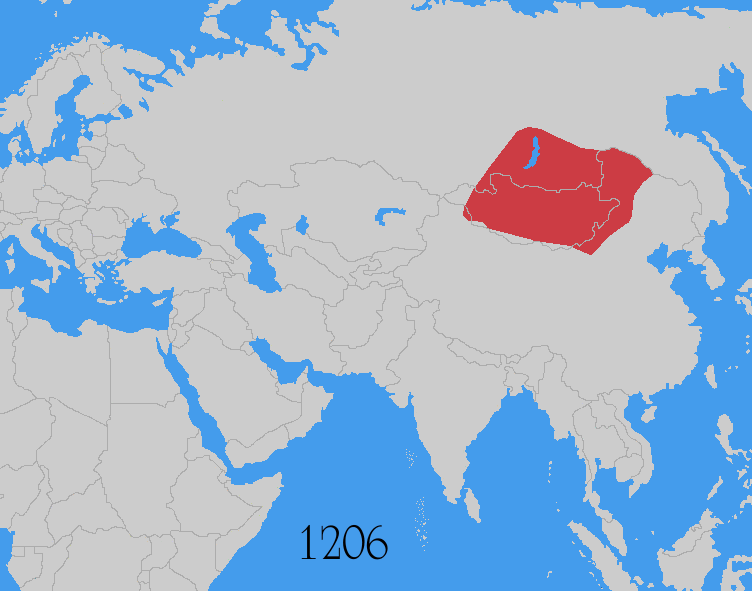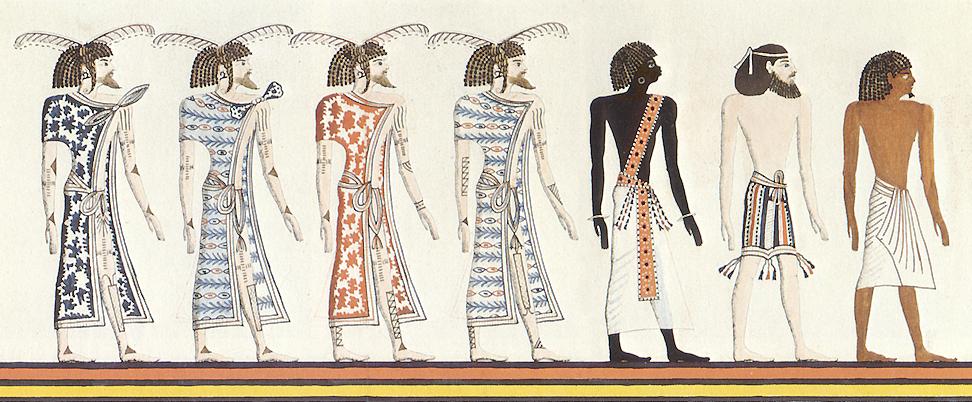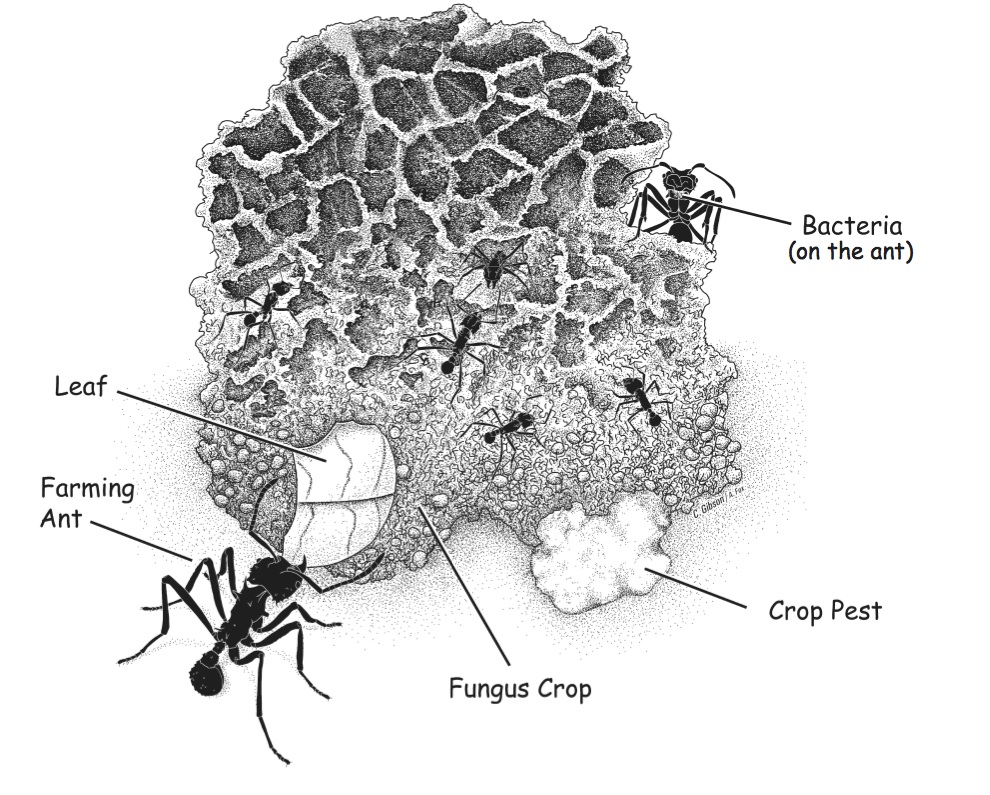Ever since the Flint water crisis began, there’s been a growing feeling of unease, bottled up energy, and concern on the University of Michigan campus in Ann Arbor. While there are many good intentions at play, I keep having this feeling that the scholarly sharks (researchers who are itching to start working on this problem) are circling. Those who get …
Expanding the borders of the fecal frontier
Despite their gross out factor, fecal transplants – essentially, a poop enema – have revolutionized treatment of Clostridium difficile, a violent diarrheal infection commonly acquired in hospitals. Many researchers (myself included) have excitedly speculated about vast number of potential uses for fecal transplants: treating autoimmune disease, gut disorders, and maybe even metabolic syndromes like diabetes. Indeed, fecal transplants are conquering medicine …
Raunchy Royals
New genetic evidence has unveiled infidelity in the British royal line. King Richard III‘s body was found under a rural parking lot last year. Since the discovery of his rather unceremonious resting place, there has been a flurry of research into the regent’s diet, health, and the circumstances of his death. This new study compared the DNA sequence of Richard III with those of some living descendants …
Resilience, Genetics, and GATTACA: A journey towards eugenics?
In the future, should we genotype children for resilience to provide them with better, targeted interventions to help them succeed? This is the underlying thesis of an opinion piece by Dr. Jay Belsky, published last Sunday in the New York Times. Dr. Belsky notes that much money is spent on interventions trying to help children succeed, and that the resilience of the children …
Got Milk?
I love me some milk. Or at least I did, before my body became less tolerant to lactose and started getting bloated, gassy, and overall unpleasant to be around after drinking it. These symptoms have eased, and I can happily still enjoy nature’s most perfect food – ice cream. Despite this turbulent relationship, I was surprised to see this piece by Matt Saccaro …
Ebola: the main thing we have to fear is fear itself.
Ebola. The Voldemort of viruses, we can barely stand to hear its name without paroxysms of fear. A virus with a 90% death rate. An incurable menace that has ravaged western Africa in an outbreak that has killed thousands of people. It’s only one flight away from arriving in the US and wreaking havoc in our cities and homes. Everybody panic! You’re …
Decoding the Stories of our Ancestors – pt. 3
In previous posts I discussed the evolving debates concerning the geographic origins of Homo sapiens, and whether our ancestors interbred with Neanderthals and Denisovans. In both cases, a flood of newly available genetic evidence revolutionized our understanding of our past. But what about the more recent chapters of our history? Almost every corner of the globe has been settled by at …
Too good to be true: Leafcutter ants pt. 2
Main picture: Cara Gibson for NSTA The scientific process can be very messy indeed, and what originally seem like rock-solid conclusions can later turn out to be specious. Scientists very rarely straight-up lie about their findings for fame and glory; institutional and cultural oversight within science keep the rascals in check. More often, the effect that was originally (honestly) measured later turns …
What’s the Problem, Science?
In my post last week about Strelitzia reginae (the Bird of Paradise plant), I wrote about how it had been initially mistaken as another plant, then later reclassified as a new species. One of the documents I found that supported this fact (and several others) was a collection of Dutch history with an extraordinary long title (the relevant part of …
Evolutionary Insights into Language and Culture
The verb “to spit” may be one of precious few words preserved from the common ancestor of all Eurasian languages, retaining largely the same sound and meaning for thousands of years. The word “huh,” as in “what did you just say,” has arisen in many languages around the world. These findings come from two of several recent studies that use methods developed in evolutionary biology to discuss the …






